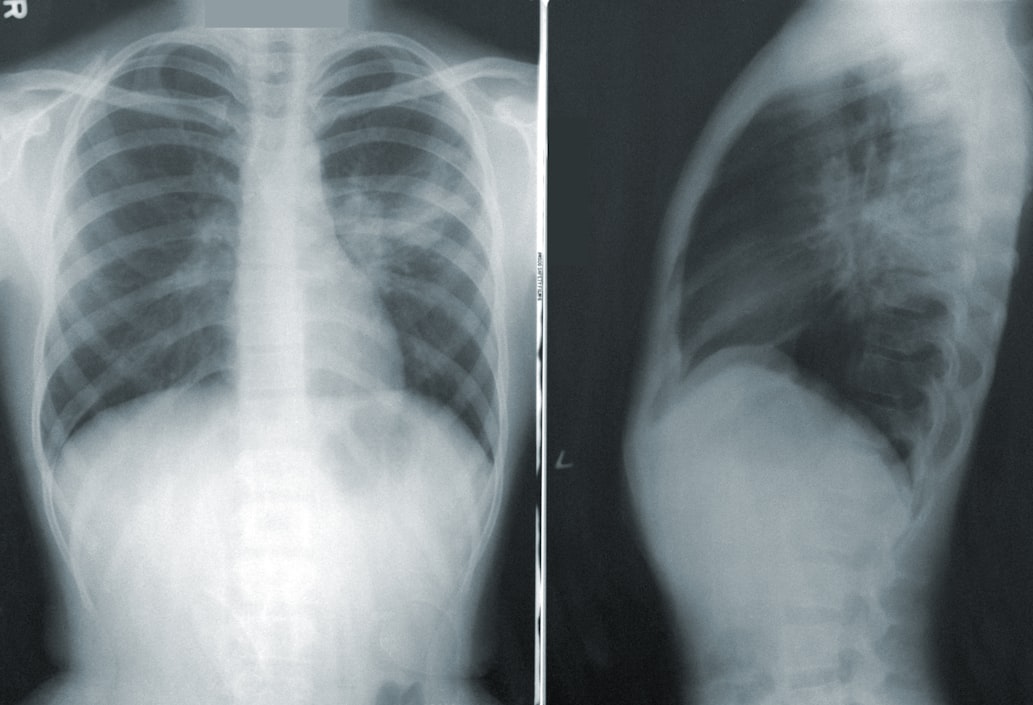Antifungal Drug May Treat Cystic Fibrosis
A fungal-targeting drug was shown to improve symptoms of cystic fibrosis particularly key biomarkers in lung tissue cultures.
"This is the first clinical study," said study leader Dr. Martin D. Burke. "We have a long way to go, but this has increased our optimism that a molecular prosthetics approach could provide a new way to treat all people with cystic fibrosis, including those who cannot benefit from modulators. The mechanism should work the same for everyone, regardless of mutation."
Cystic fibrosis is a result of a mutation on the CFTR gene leaving patients vulnerable to lung infections.
Learn more about cystic fibrosis:
“The patients who participated in the clinical study were among the 10% of patients who cannot respond to modulator treatments, suggesting the antifungal drug, amphotericin B, could benefit all patients regardless of their mutation,” said Burke.
"Though amphotericin B is an imperfect surrogate for the CFTR protein, these results provide the first evidence that small-molecule ion channels can impact physiology in people with cystic fibrosis," said Rajeev Chorghade, the first author of the study, who was a graduate student in Burke's group at the time of the study and is now a postdoctoral fellow at the Massachusetts Institute of Technology. "These results encourage further clinical trials to determine whether inhaled amphotericin B can improve lung function and health-related quality of life in people with CF, especially those not on modulators."
Source: Science Daily









